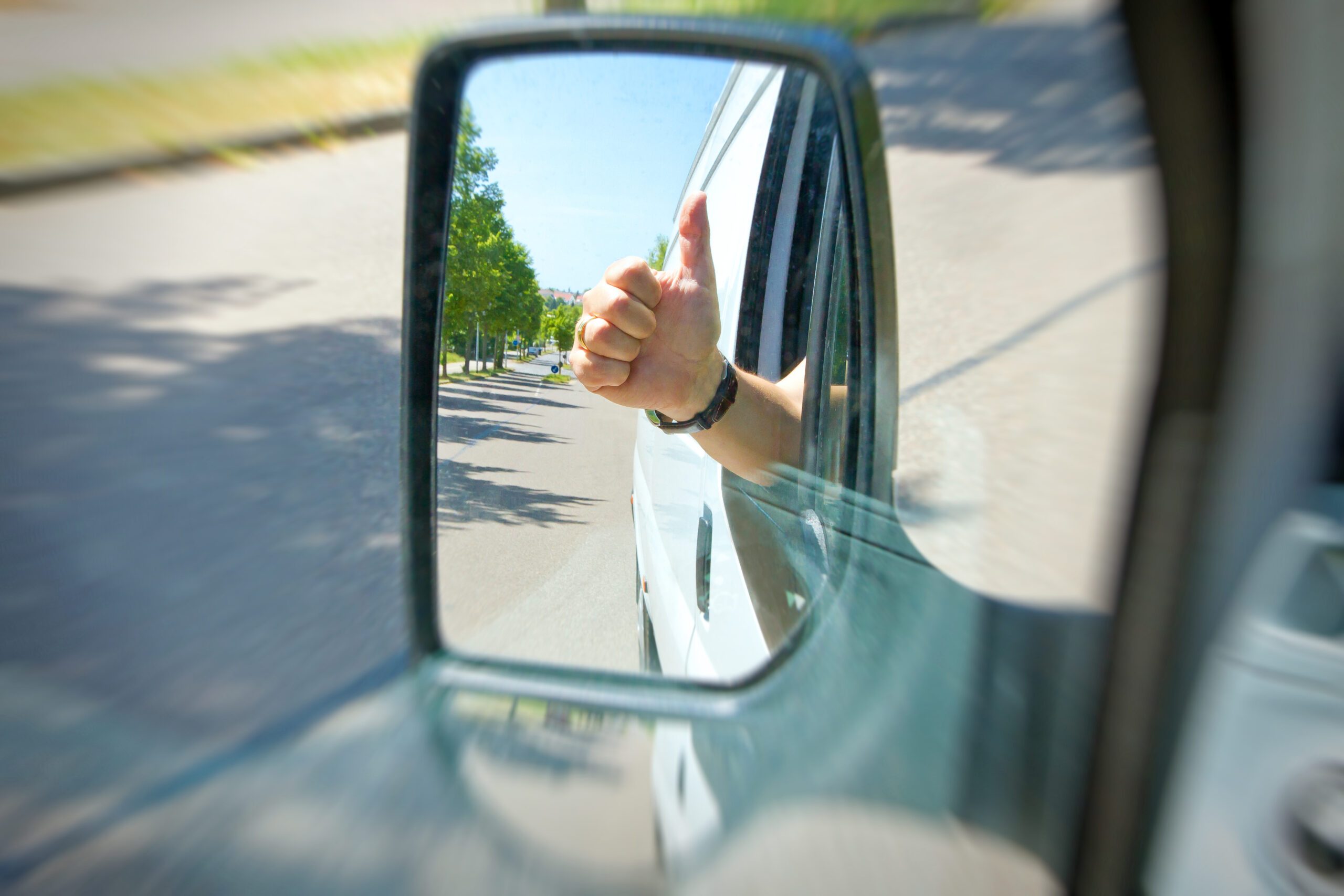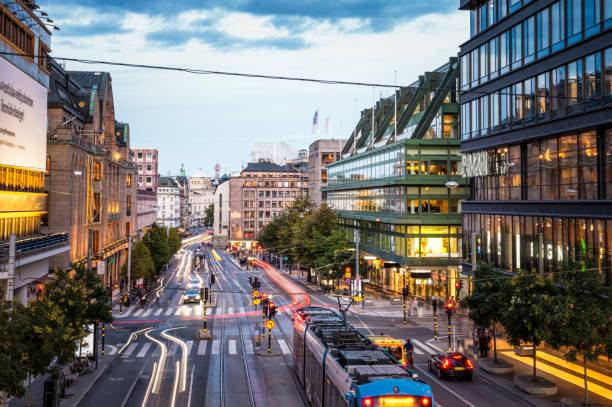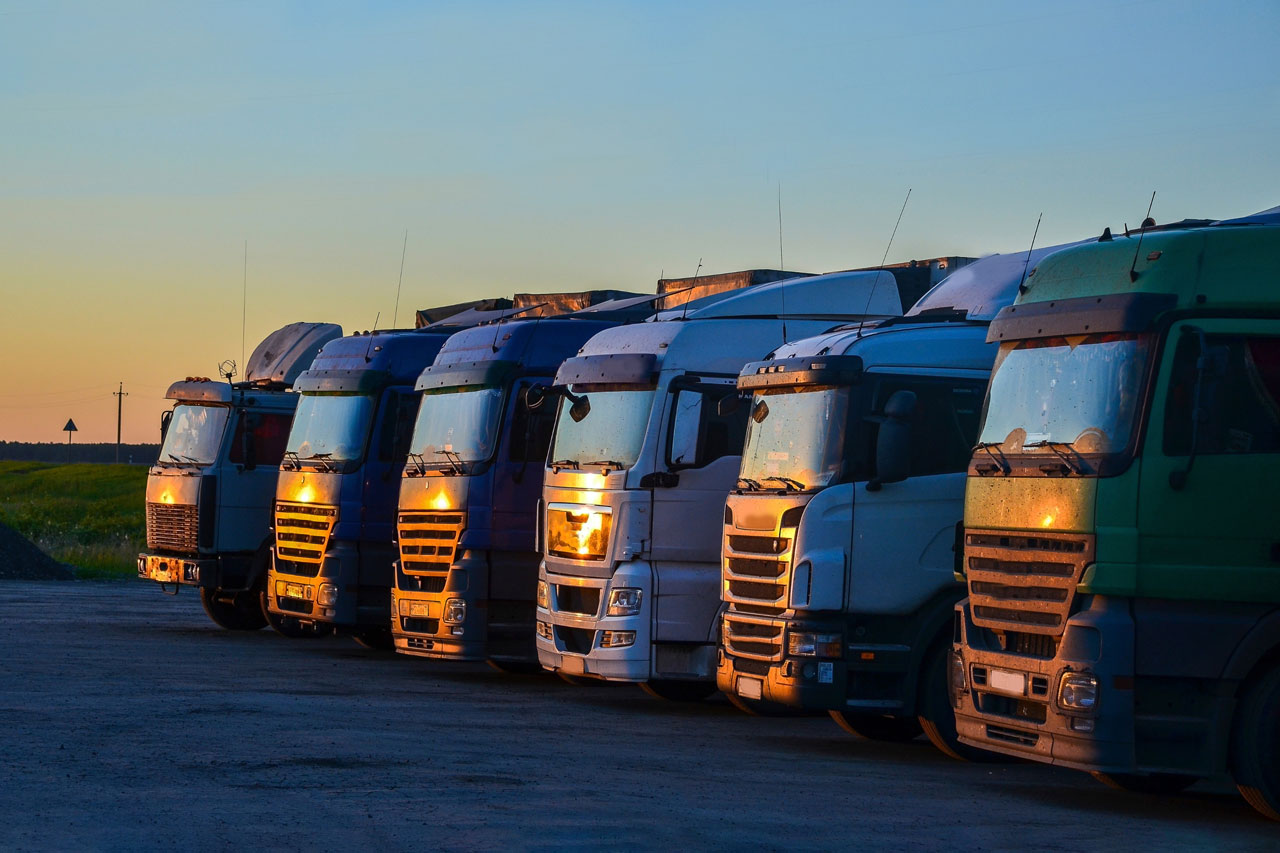The more your drivers drive in an exemplary manner, the greater savings and the more positive image of your company is generated. But how can you effectively encourage them to drive more responsibly?
Your drivers drive thousands of kilometres every year. Your challenge as a manager? To reduce the risks! And there are many of them… From accidents with human and material damage to financial losses, via a fleet of vehicles that wears out more quickly; additional fuel costs; commercial damage; damage to your image; or a greater environmental impact. All of these factors affect your business and are extremely costly to your company. That’s why it’s in your interest to closely monitor the driving behaviour of your drivers…
Eco-driving? Everything to gain
Saving 1.5 litres of fuel per 100 kilometres (for an average vehicle)? A good start to reduce your costs… And possible thanks to eco-driving: less sudden braking and acceleration; fewer stops with running engines; respect for the highway code; etc. The result? Lower incident rates and a reduction in your carbon footprint. But also – and above all – greater control of your vehicle fleet costs: maintenance; fuel consumption; offences (fines, loss of licence, etc.); etc. Nice on paper… but you still need to convert your drivers to eco-driving?
Technology: the best ally for eco-driving
Your objective? To closely monitor each driver and analyse everything he or she does at the wheel. Good news: this is possible (and much more) by simply equipping your vehicles with GPS beacons (without or with Can-Bus for an even more detailed measurement). These small technological devices allow you to monitor your movements and collect essential data. Positive for the safety of your drivers and their passengers. For your company. And for the planet!
Data to improve driving quality
Information gathered by the beacons (equipped with an accelerometer) gives you a clear view of 4 key indicators
- Driving behaviour: acceleration and deceleration; braking and sharp turns; etc.
2. Parking with the engine running: costly in terms of fuel, CO2 emissions and a possible fine of €135!
3. Speeding
4. Engine speed: to combat over-revving (engine wear and tear; excessive consumption; abnormal pollution).
You have everything in hand… It’s up to you!
All data is available to you on online platform. This platform contains scores and rankings of your drivers, detailed reports, monthly statistics, individual follow-up sheets, etc. It is therefore a fantastic tool for raising your drivers’ awareness of eco-driving; encouraging them to improve; focusing your efforts on weak points; rewarding progress; and therefore… achieving your objectives!




